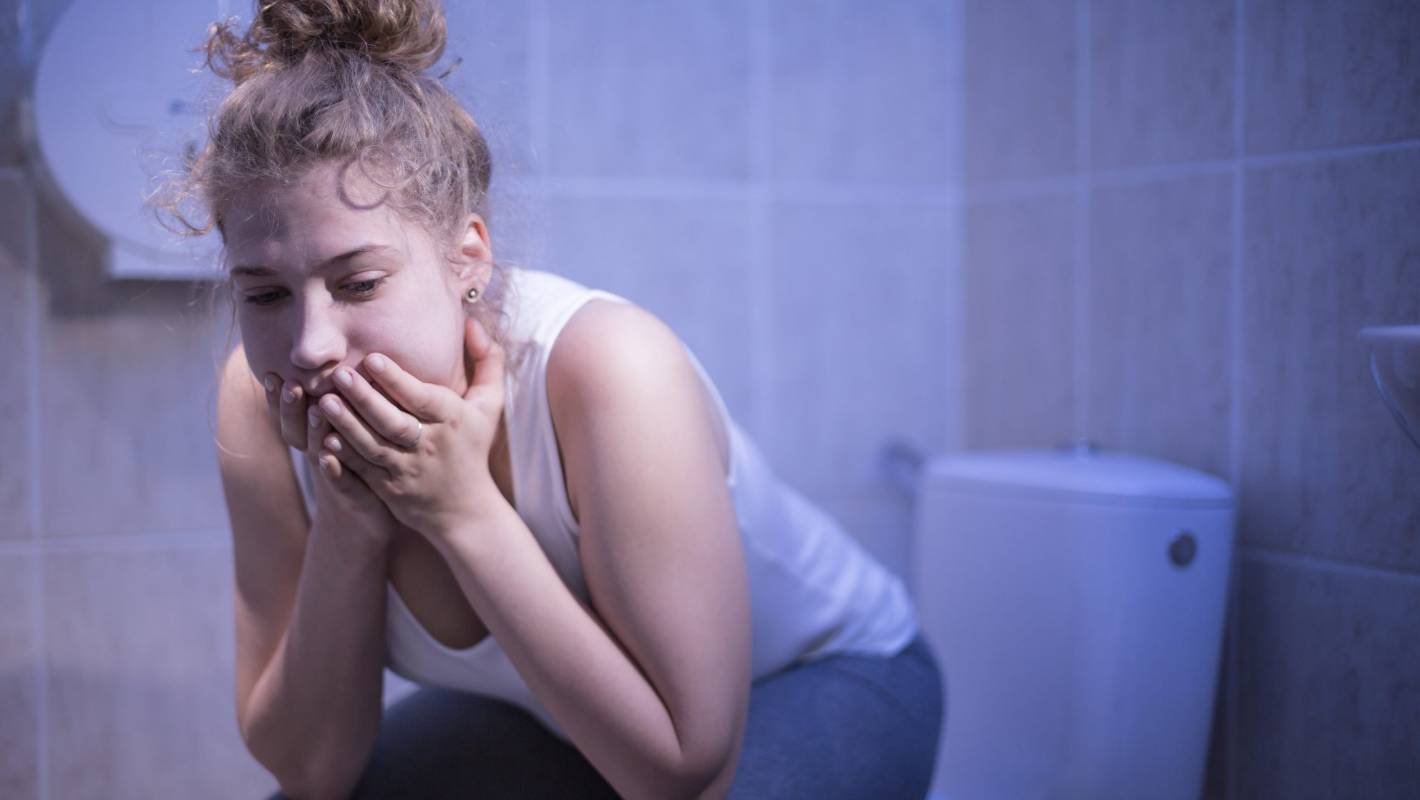When it comes to managing our periods, many of us have relied on traditional products like pads and tampons. But have you ever wondered if the type of product you use can actually affect the length of your period? It’s a question that has sparked curiosity and debate among women everywhere. In this article, we’ll explore the idea of whether periods are shorter when using pads and discover the science behind it.
Contents
Are periods shorter when using pads?

When it comes to the question of whether periods are shorter when using pads, there are differing opinions and anecdotal experiences. Some people claim that their periods have become shorter since switching to pads, while others have not noticed any change. While there is no definitive scientific evidence to support these claims, there are a few factors that could potentially explain why some individuals may experience shorter periods when using pads.
One possible explanation is the unhampered flow of menstrual blood when using menstrual pads. Unlike tampons, which can absorb and hold onto menstrual blood, pads allow for a more natural and unrestricted flow. This could potentially lead to a quicker shedding of the uterine lining, resulting in a shorter period for some individuals.
Additionally, the lack of harmful chemicals present in some organic reusable menstrual pads may also play a role. Chemicals found in certain disposable tampons or pads could potentially affect hormonal balance or cause inflammation, which may impact the duration of a period. By using organic and chemical-free pads, some individuals may experience a reduction in inflammation and hormonal disruption, leading to shorter periods.
Factors that Influence Period Duration
1. Hormonal Balance
Hormones play a crucial role in regulating the menstrual cycle and determining the duration of periods. Any imbalance in hormone levels can lead to variations in the length of menstrual bleeding. For example, an increase in follicle-stimulating hormone (FSH) and luteinizing hormone (LH) can result in longer periods]. On the other hand, low levels of thyroid hormones can also cause periods to be longer and heavier.
2. Age and Reproductive Health
The age of an individual and their reproductive health can also influence the duration of periods. It is common for young girls to experience irregular cycles and longer periods as their bodies adjust to hormonal changes. Over time, as the menstrual cycle becomes established, the length of periods tends to remain consistent for most individuals.
3. Underlying Health Conditions
Certain underlying health conditions can affect the length of menstrual bleeding. Conditions such as bleeding disorders, including hemophilia and von Willebrand’s disease, can cause heavier and prolonged periods.
Debunking the Myth: Pads and Period Duration

When it comes to the duration of periods, many myths and misconceptions are floating around. However, it’s important to separate fact from fiction and understand the truth behind this claim.
1. The misconception around shorter periods with pads
The idea that using pads can result in shorter periods has gained some traction, thanks to anecdotal evidence and personal experiences shared by individuals. Some claim that switching to pads has reduced the duration of their periods, while others believe that the chemicals in tampons may actually prolong menstruation.
2. Scientific evidence on pad usage and period duration
Despite the numerous personal accounts, there is currently no scientific research or clinical studies to support the notion that using pads can shorten the length of your period. The length of your menstrual cycle is primarily determined by hormonal fluctuations, not the type of menstrual product you use.
Dr. Annemieke van Eijk, a senior clinical research fellow, confirmed that there is a lack of research in this area. While some may theorize that the chemicals in tampons could affect blood flow and clotting, no conclusive evidence has been found to support this claim.
Personal experiences and anecdotes
While personal experiences and anecdotes can be compelling, they do not serve as scientific evidence. It’s important to remember that every individual’s menstrual cycle is unique, and factors such as weight, stress levels, and overall health can influence the duration of periods. Therefore, it is possible that some individuals may experience changes in their period length after switching to pads, but it cannot be attributed solely to the use of pads.
What Factors Lead to Long Periods?
When it comes to the duration of periods, there are several factors that can contribute to longer menstrual cycles. It’s important to understand that hormonal fluctuations play a significant role in determining the length and intensity of your period. In particular, certain hormonal imbalances can cause periods to last longer than usual.
Here are some factors that can lead to longer periods:
- Excess Estrogen: An excess of estrogen in the body, often caused by excess fatty tissue, can lead to changes in your menstrual cycle. This increase in estrogen can result in an extended duration of your period.
- Pituitary Hormones Imbalance: Any structural changes in the pituitary gland can lead to fluctuations in the production of follicle-stimulating hormone (FSH) and luteinizing hormone (LH). Research has shown that increased levels of FSH are associated with longer menstrual bleeding.
- Decreased Thyroid Hormone Levels: Having lower levels of thyroid hormones can also contribute to longer and heavier periods. Thyroid hormones play a crucial role in maintaining hormonal balance in the body, and a decrease in these hormones can disrupt the regularity of your menstrual cycle.
- High Estrogen Levels: High levels of estrogen can cause the endometrium (the lining of the uterus) to become loose and develop more blood vessels. This, in turn, increases the duration of your periods.
- Underlying Health Conditions: Certain health conditions such as polycystic ovary syndrome (PCOS), endometriosis, fibroids, pelvic inflammatory disease (PID), and blood clotting disorders can lead to heavy and prolonged periods.
Frequently Asked Questions
Do cotton pads make your period shorter?
No, there is no scientific research proving that organic tampons or pads are responsible for shorter periods.
Do heating pads make your period go away faster?
Using heating pads, warm baths, hot water bottles, or heat wraps can help reduce pain, but there are no studies indicating that heat can actually shorten the duration of a period.
Does free bleeding make your period end faster?
While there is some evidence to suggest that free bleeding may speed up the end of your menstrual cycle, there is no scientific proof that this actually works.
I am a medical student with experience and interest in Women’s health and well-being.